Black History Month 2025 Reading List
Published February 04, 2025
Inside OME
Honor and celebrate Black History Month and beyond by enjoying these books recommended by the osteopathic medical education community!
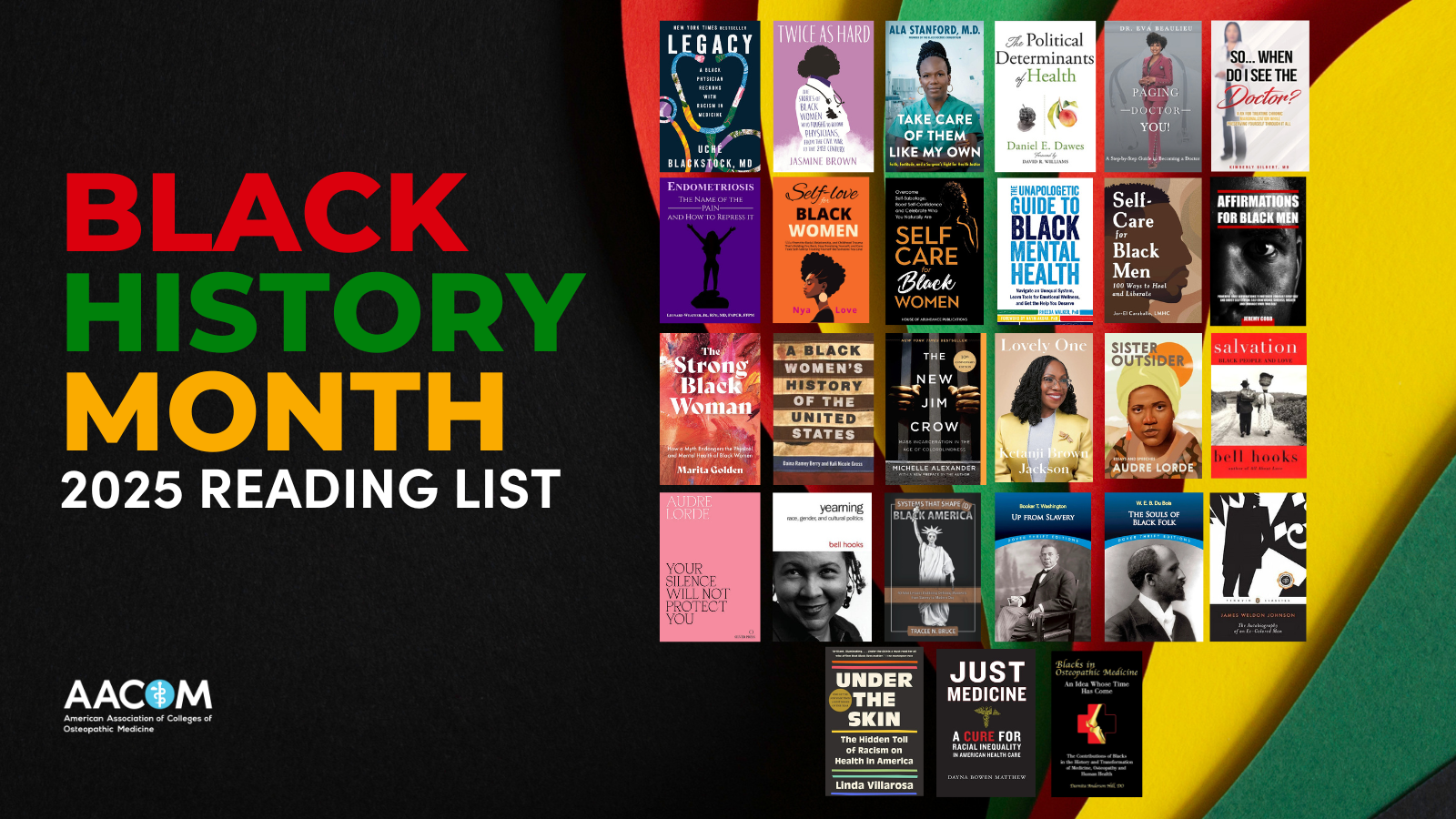
Health and Medicine
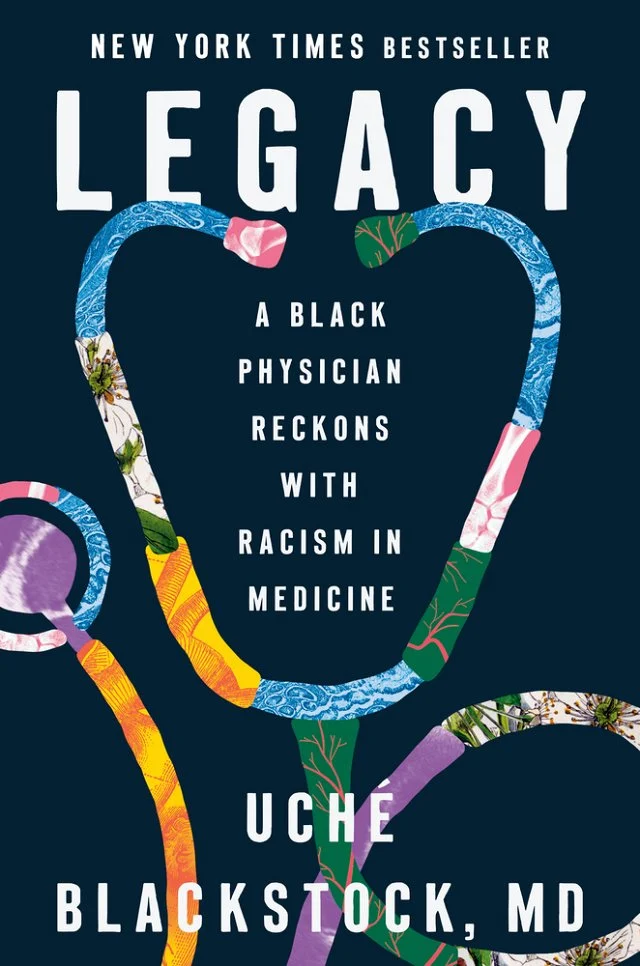
Legacy: A Black Physician Reckons with Racism in Medicine
Growing up in Brooklyn, New York, it never occurred to Uché Blackstock and her twin sister, Oni, that they would be anything but physicians. In the 1980s, their mother headed an organization of Black women physicians, and for years the girls watched these fiercely intelligent women tend to their patients and neighbors, host community health fairs, cure ills and save lives. What Dr. Uché Blackstock did not understand as a child—or learn about at Harvard Medical School—were the profound and long-standing systemic inequities entrenched in our health system. At once a searing indictment of our healthcare system, a generational family memoir, and a call to action, Legacy is Dr. Blackstock’s odyssey from child to medical student to practicing physician—to finally seizing her own power as a health equity advocate against the backdrop of the pandemic and the Black Lives Matter movement.
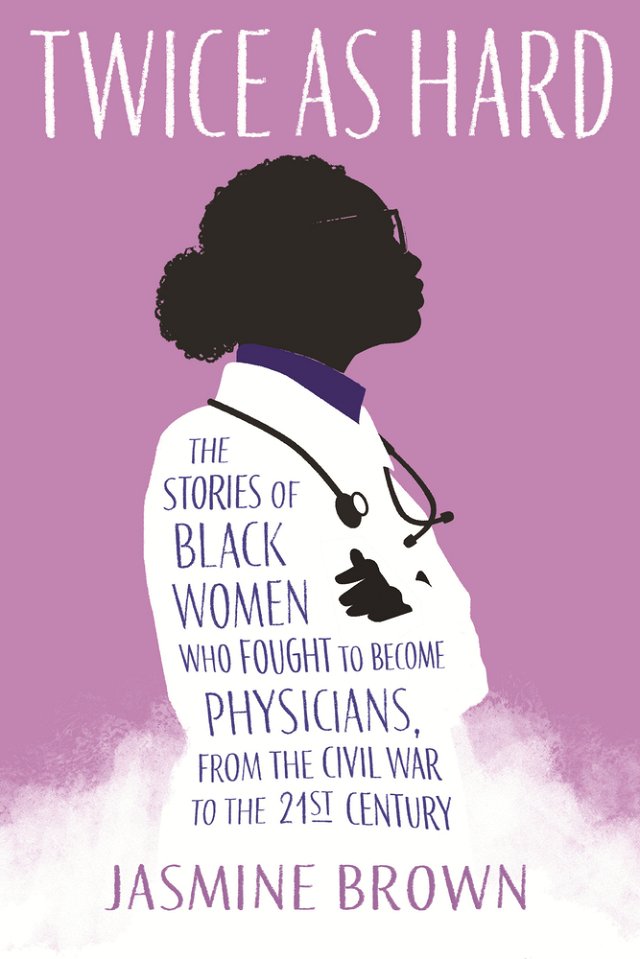
No real account of Black women physicians in the United States exists, and what little mention is made of these women in is often insubstantial or altogether incorrect. In this work of extensive research, Jasmine Brown offers a rich new perspective, penning the long-erased stories of nine pioneering Black women physicians beginning in 1860, when a Black woman first entered medical school. Brown tells the stories of these doctors from the perspective of a Black woman in medicine. What she uncovers about these women’s struggles, their need to work twice as hard and be twice as good, and their ultimate success serves as instruction and inspiration for new generations considering a career in medicine or science.
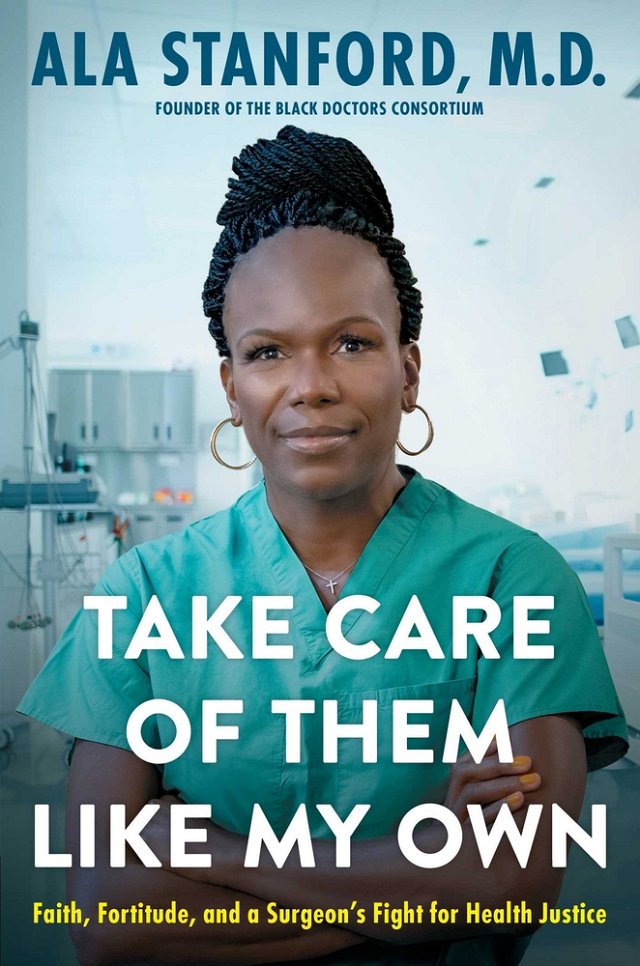
Take Care of Them Like My Own: Faith, Fortitude, and a Surgeon's Fight for Health Justice
When COVID-19 arrived in her hometown of Philadelphia, Dr. Ala Stanford knew it would disproportionately affect the Black population. As the city stood idly by, unwilling or unable to protect its most vulnerable citizens, she took matters into her own hands. She rented a van, made some calls and began administering tests in church parking lots. Soon, she found herself at the helm of a powerful grassroots campaign that successfully vaccinated tens of thousands of Philadelphians. Take Care of Them Like My Own offers urgent lessons about the power of communities working together to take care of one another and the importance of fighting for a healthcare system that truly fulfills its promise to all Americans.
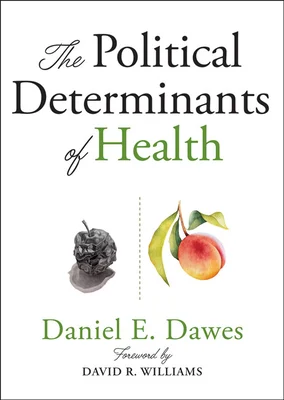
The Political Determinants of Health
Daniel E. Dawes argues that political determinants of health create the social drivers that affect all other dynamics of health. By understanding these determinants, their origins and their impact on the equitable distribution of opportunities and resources, we will be better equipped to develop and implement actionable solutions to close the health gap. Dawes draws on his firsthand experience helping to shape major federal policies, including the Affordable Care Act, to describe the history of efforts to address the political determinants that have resulted in health inequities.
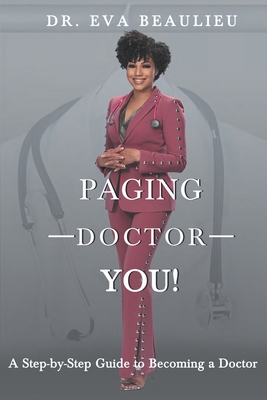
Paging Doctor You: A Step-by-Step Guide to Becoming a Doctor
Dr. Eva Beaulieu was born in Haiti and knew at an early age she wanted to become a doctor. Her unbridled curiosity and rich heritage of healthcare professionals led her to medical school. Success by accident is not Dr. Eva's story. Her belief is that if she can achieve her dreams, every woman can. Although her path was different, she excelled in her classes and extracurricular activities. Following graduation, she interned at The Medical Center of Central Georgia, specializing in Internal Medicine. Time and time again, she has proven that it's hard work, determination and faith that has allowed her to make her dreams come true. She hopes this book will serve as a guidepost for high school and college students to aid in their quest to become a doctor.
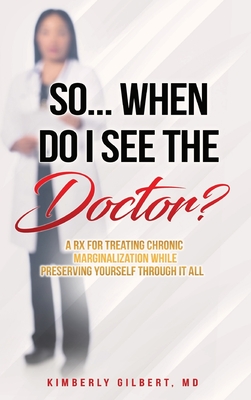
This account of the life of Dr. Kimberly Gilbert showcases the challenges of being a Black female physician in America. Practicing in Atlanta, a city known for its Black presence, did not shield Dr. Gilbert from the stereotypes of being Black and female in an often white and male-dominated field. Dr. Gilbert's experiences of overwhelming exclusion, and her constant battle to feel valued in her profession, draws the reader into her world while showcasing her courage and determination. This insightful and inspiring account is sure to initiate impactful and open conversations about racial disparities in healthcare that have been ignored for far too long.
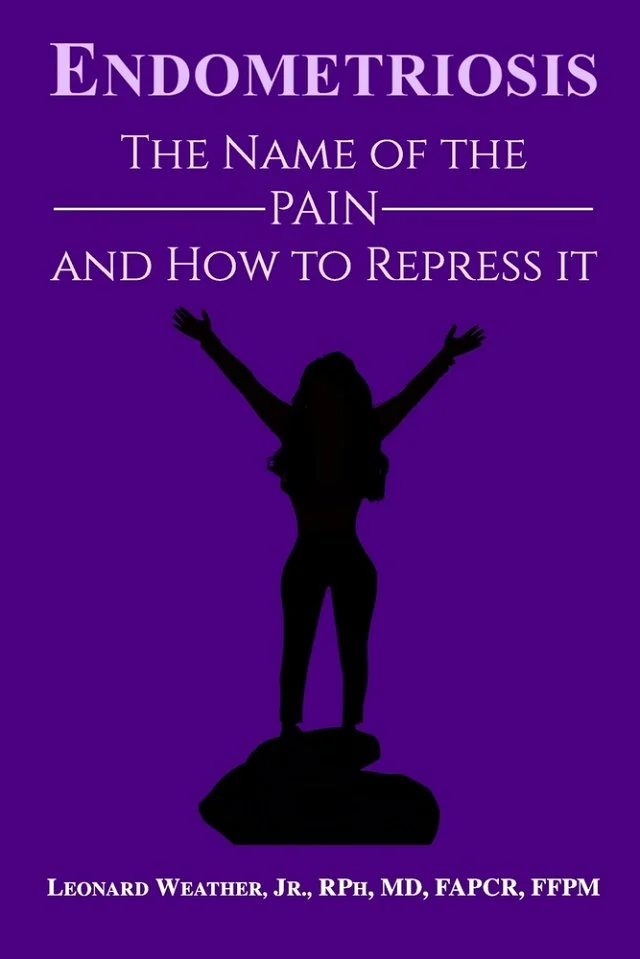
Endometriosis: The Name of the Pain and How to Repress It
Endometriosis The Name of the Pain and How to Repress It is a book about the perplexing and debilitating disease called endometriosis, which is often misunderstood and misdiagnosed. The book is intended for women who have endometriosis, as well as their families, friends, relatives, associates and health professionals, to help them understand what is known about this disturbing disease. Dr. Leonard Weather Jr. aims to dispel some of the myths surrounding endometriosis and to help the women who suffer from it realize they are not alone.
Mental Health and Wellbeing
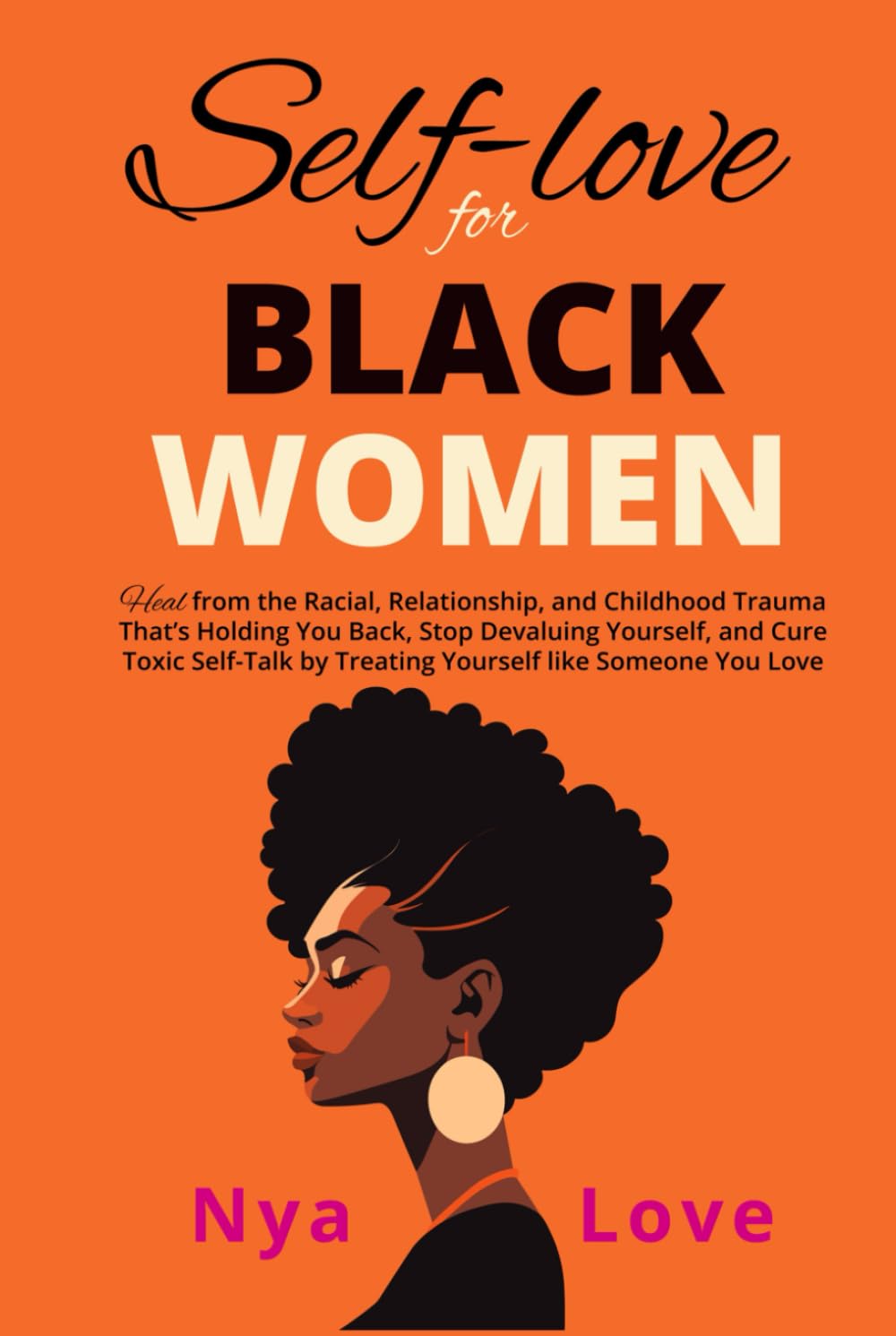
As a Black woman, you've navigated a world that often overlooks your struggles and diminishes your worth. But what if you could break free from the chains of societal expectations and embrace your true self? In Self-Love for Black Women, Nya Love takes you on a transformative journey, offering practical tools and strategies to help you overcome past traumas, improve relationships and cultivate unshakable self-worth. From childhood wounds to racial trauma, Love delves deep into the impact these experiences have on your self-love journey. Drawing from her own personal story, Love shares relatable anecdotes that will resonate with you, providing a solid foundation to connect and engage with the book's teachings.
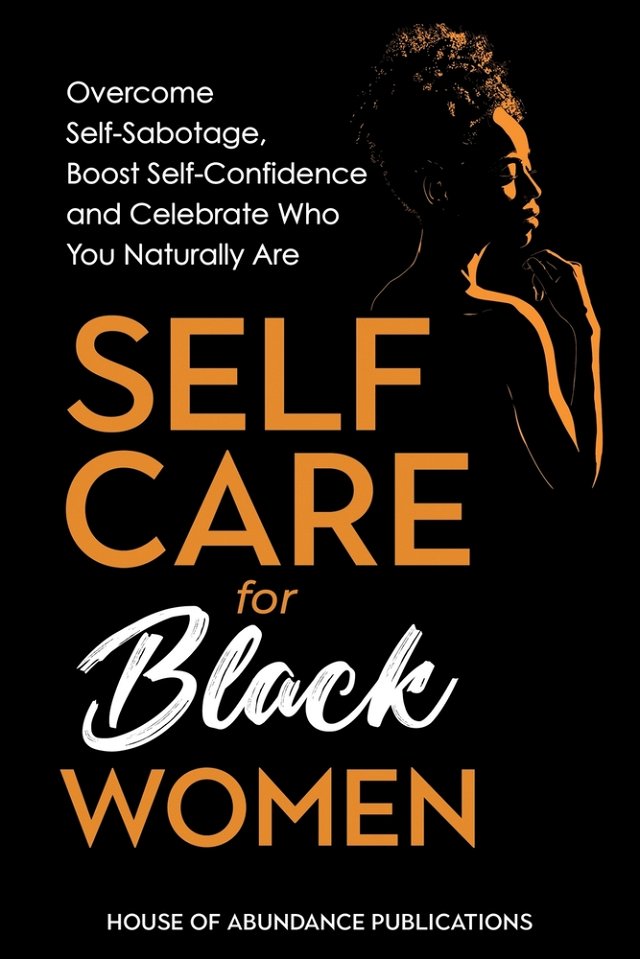
Black women face immense stress daily, often earning less while bearing more burdens. The "strong Black woman" stereotype is not only limiting but harmful. Yet, amidst challenges, real change starts within. You might feel overwhelmed, undervalued and stretched thin. But remember, self-care transforms you, equipping you to handle stress and discover joy.
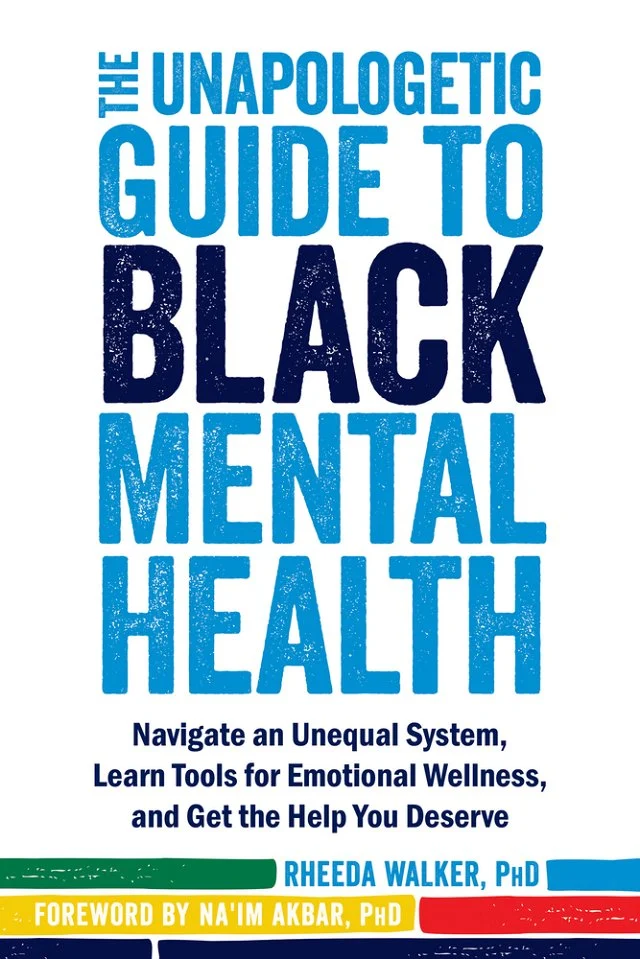
We can't deny it any longer: there is a Black mental health crisis in our world today. In The Unapologetic Guide to Black Mental Health, psychologist and African American mental health expert Rheeda Walker, PhD, offers important information on the mental health crisis in the Black community, how to combat stigma, spot potential mental illness, practice emotional wellness and get the best care possible in a system steeped in racial bias.
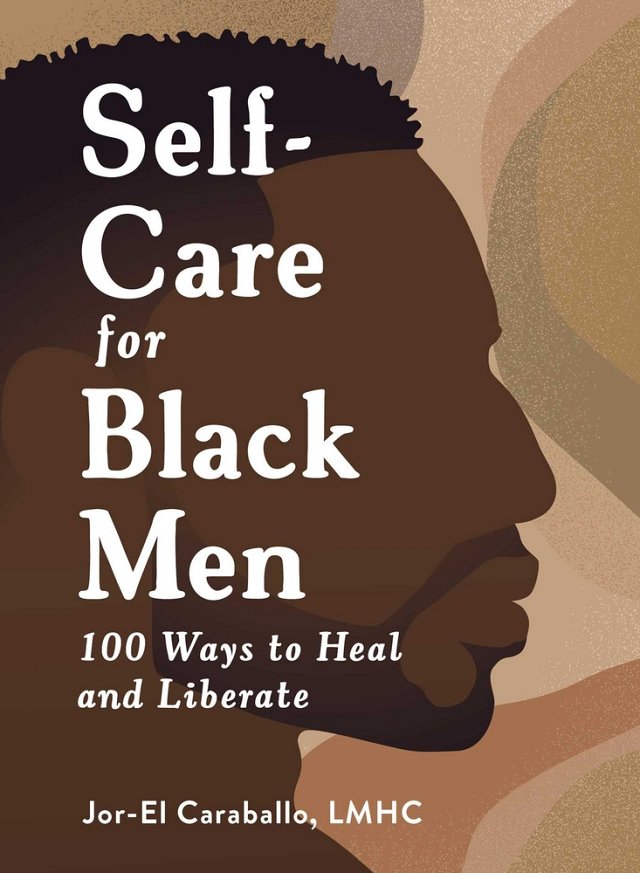
Self-Care for Black Men: 100 Ways to Heal and Liberate
Black men desperately need care and restoration. But what does that restoration look like when you’re a Black man in today’s world? Jor-El Caraballo has practical answers to your questions. His book contains self-care strategies that address some of the most common issues Black men face, such as dealing with racism, navigating prejudice in the workplace, managing romantic relationships and working through intergenerational trauma. This is your guide to wellness and self-discovery written specifically for Black men.
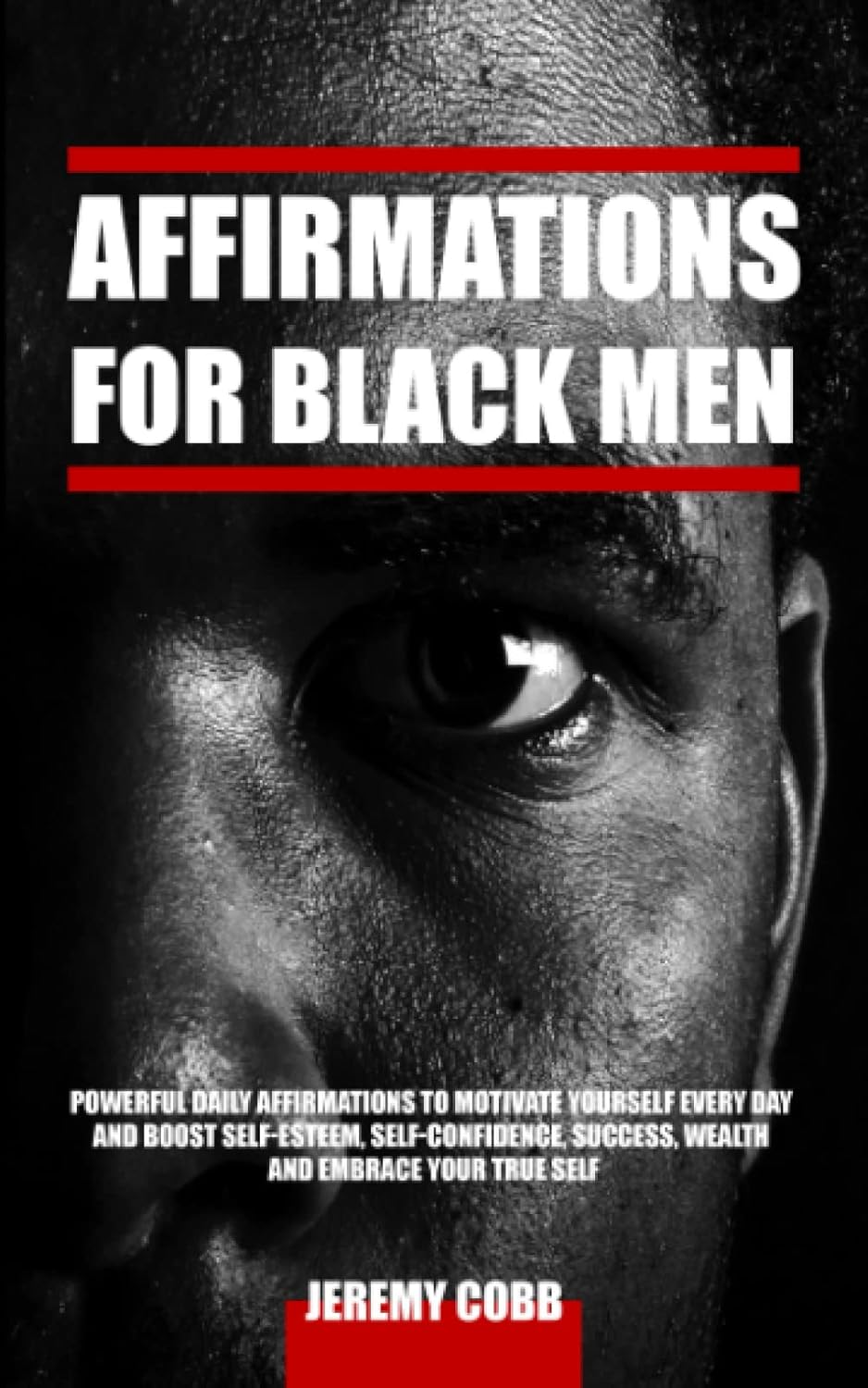
Do you believe that your constant negative feelings and thoughts are a reflection of who you actually are? Do you feel that because you’re feeling these emotions throughout your entire being, they must be real? If so, you aren’t alone, and this book is exactly what you need in your life right now. Affirmations is about learning to harness the virtue of constructive and positive self-talk. Jeremy Cobb brilliantly simplifies the steps you can take to enrich your inner monologue and to not be controlled by constant negative emotions.
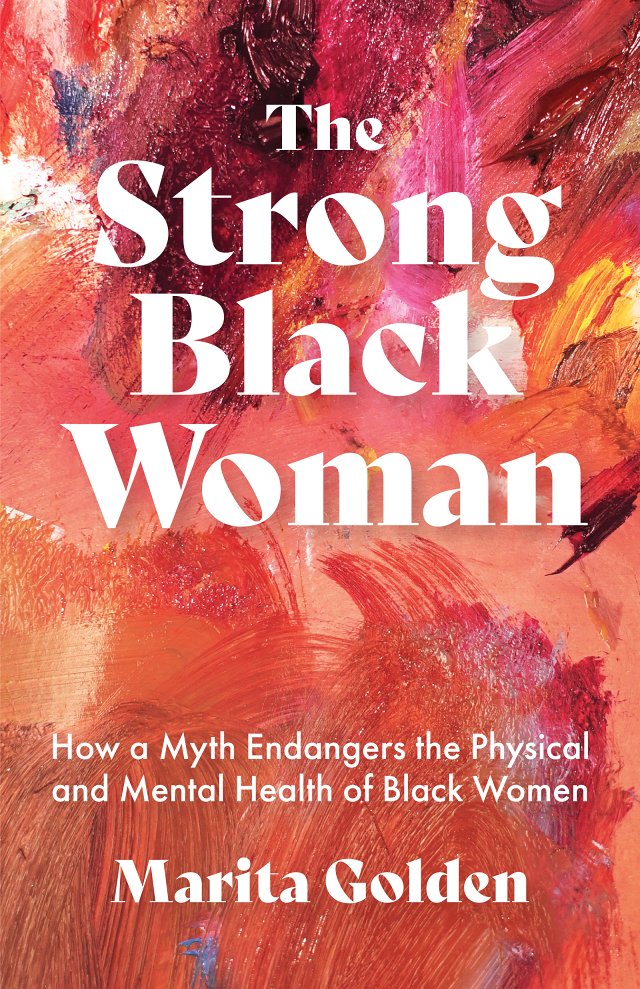
The Strong Black Woman: How a Myth Endangers the Physical and Mental Health of Black Women
For generations, in response to systemic racism, Black women and African American culture created the persona of the Strong Black Woman, a woman who, motivated by service and sacrifice, handles, manages and overcomes any problem, any obstacle. Marita Golden explores how the syndrome calls on Black women to be the problem-solvers and chief caretakers for everyone in their lives. To be a Black woman in America is to know you cannot protect your children or guarantee their safety, your value is consistently questioned and even being “twice as good” is often not good enough. Consequently, Black women disproportionately experience anxiety and depression. Studies now conclusively connect racism and mental health―and physical health. More and more young Black women are re-examining the Strong Black Woman syndrome and engaging in self-care practices that change their lives.
History, Leadership and Scholarship
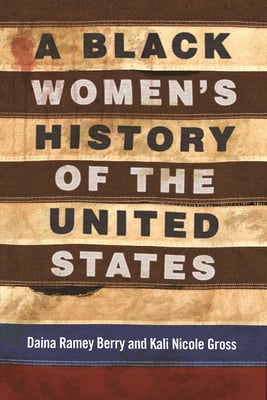
A Black Women's History of the United States
In centering Black women’s stories, two award-winning historians Daina Ramey Berry and Kali Nicole Gross offer an examination and celebration of Black womanhood, beginning with the first African women who arrived in what became the United States to African American women of today. A Black Women’s History of the United States reaches far beyond a single narrative to showcase Black women’s lives in all their fraught complexities.
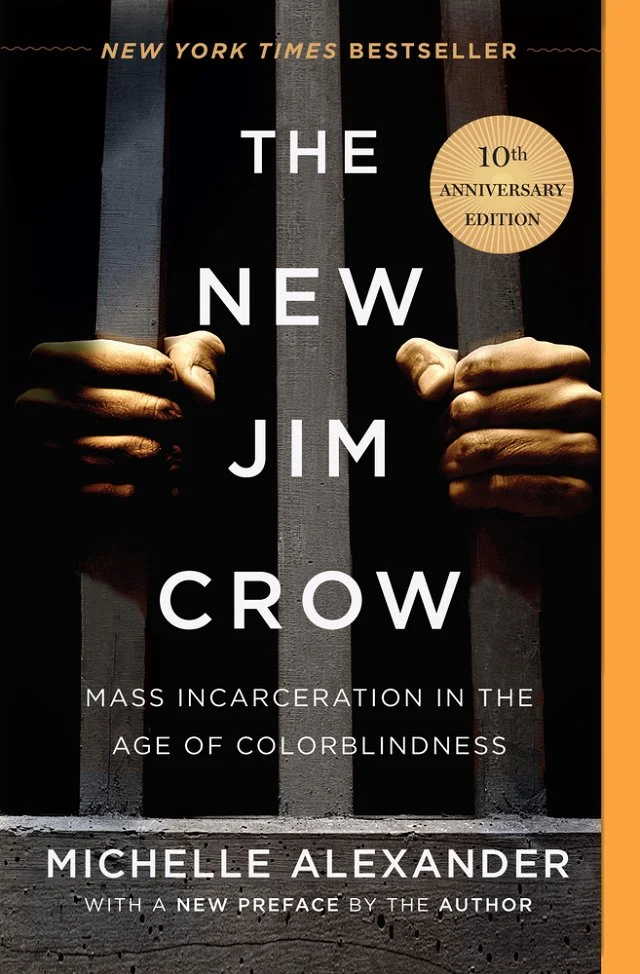
The New Jim Crow: Mass Incarceration in the Age of Colorblindness
Seldom does a book have the impact of Michelle Alexander's The New Jim Crow. Since it was first published in 2010, it has been cited in judicial decisions and has been adopted in campus-wide and community-wide reads. It helped inspire the creation of the Marshall Project and the new $100 million Art for Justice Fund. It has been the winner of numerous prizes, including the prestigious NAACP Image Award, and it has spent nearly 250 weeks on the New York Times bestseller list. Most important of all, it has spawned a whole generation of criminal justice reform activists and organizations motivated by Michelle Alexander's unforgettable argument that "we have not ended racial caste in America; we have merely redesigned it." Now, ten years after it was first published, The New Press is proud to issue a tenth-anniversary edition with a new preface by Michelle Alexander that discusses the impact the book has had and the state of the criminal justice reform movement today.
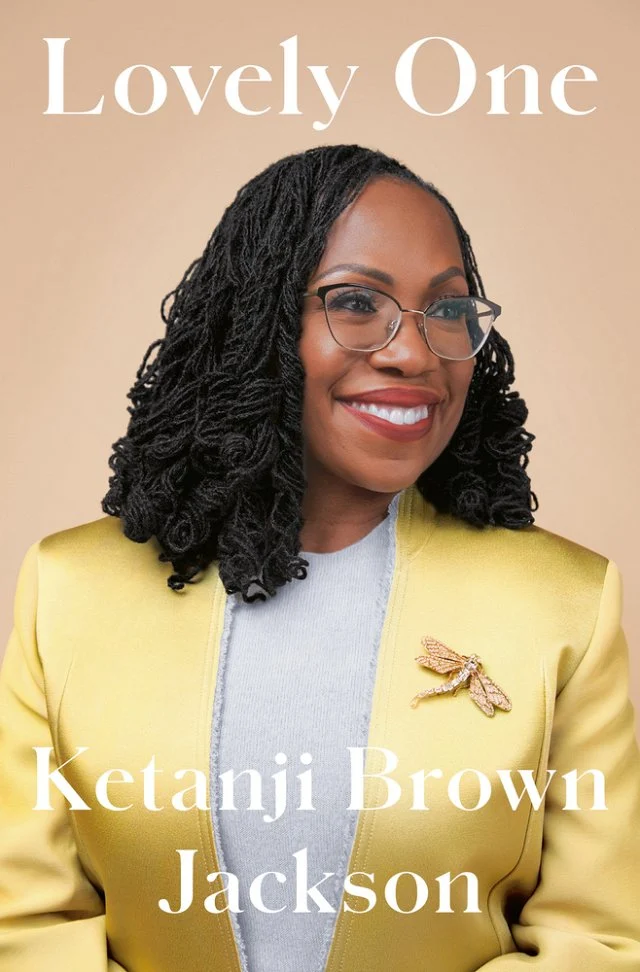
With this unflinching account, Justice Ketanji Brown Jackson invites readers into her life and world, tracing her family’s ascent from segregation to her confirmation on America’s highest court within the span of one generation. Named “Ketanji Onyika,” meaning “Lovely One,” based on a suggestion from her aunt, a Peace Corps worker stationed in West Africa, Justice Jackson learned from her educator parents to take pride in her heritage since birth. Here, she reveals what it takes to advance in the legal profession when most people in power don’t look like you, and to reconcile a demanding career with the joys and sacrifices of marriage and motherhood. Through trials and triumphs, Justice Jackson’s journey will resonate with dreamers everywhere, especially those who nourish outsized ambitions and refuse to be turned aside. This moving, open-hearted tale will spread hope for a more just world, for generations to come.
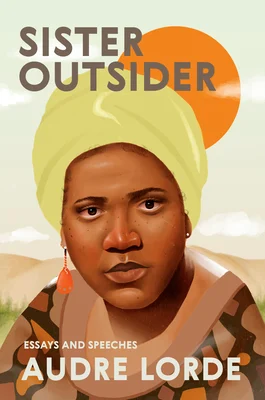
Sister Outsider: Essays and Speeches
In this charged collection of fifteen essays and speeches, Audre Lorde takes on sexism, racism, ageism, homophobia and class, and propounds social difference as a vehicle for action and change. Her prose is incisive, unflinching and lyrical, reflecting struggle but ultimately offering messages of hope. This commemorative edition includes a new foreword by Lorde-scholar and poet Cheryl Clarke, who celebrates the ways in which Lorde's philosophies resonate more than twenty years after they were first published.
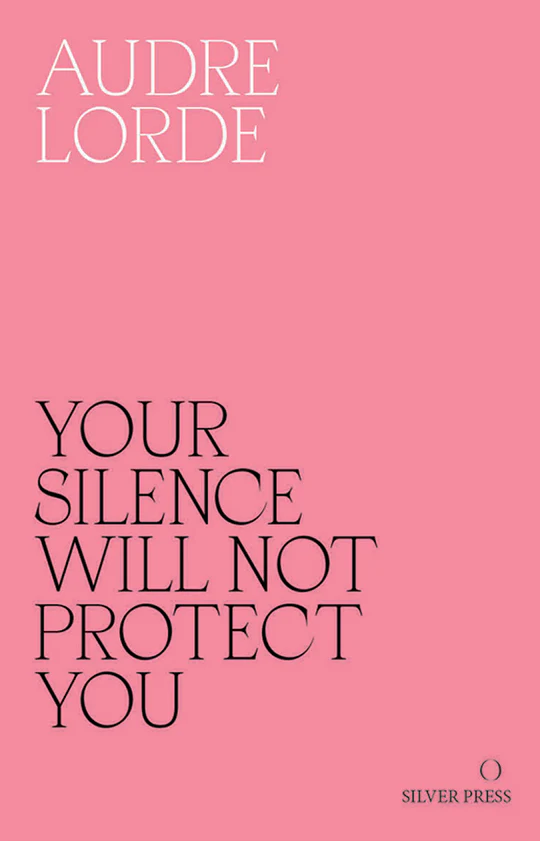
Your Silence Will Not Protect You
Audre Lorde described herself as “Black, lesbian, mother, warrior, poet.” Her extraordinary belief in the power of language—of speaking—to articulate selfhood, confront injustice and bring about change in the world remains as transformative today as it was then, and no less urgent. Your Silence Will Not Protect You brings Lorde's poetry and prose together for the first time.
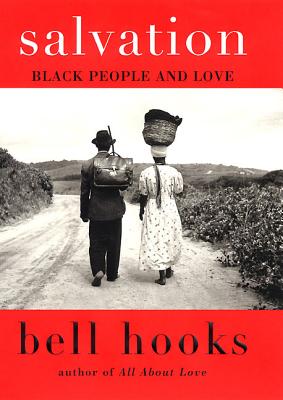
Salvation: Black People and Love
Written from both historical and cultural perspectives, Salvation takes an incisive look at the transformative power of love in the lives of African Americans. Whether talking about the legacy of slavery, relationships and marriage in Black life, the prose and poetry of Martin Luther King, Jr., James Baldwin and Maya Angelou, the liberation movements of the 1950s, 60s and 70s, or hip hop and gangsta rap culture, bell hooks lets us know what love’s got to do with it. Combining the passionate politics of W.E.B. DuBois with fresh, contemporary insights, hooks brilliantly offers new visions that will heal our nation’s wounds from a culture of lovelessness.
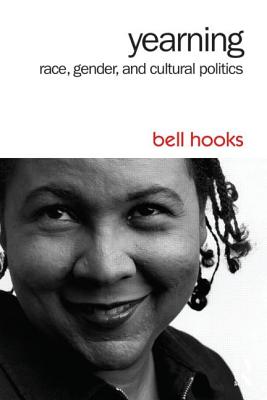
Yearning: Race, Gender, and Cultural Politics
For bell hooks, the best cultural criticism sees no need to separate politics from the pleasure of reading. Yearning collects together some of hooks's classic and early pieces of cultural criticism from the '80s. Addressing topics like pedagogy, postmodernism and politics, hooks examines a variety of cultural artifacts, from Spike Lee's film Do the Right Thing and Wim Wenders's film Wings of Desire to the writings of Zora Neale Hurston and Toni Morrison. The result is a poignant collection of essays which, like all of hooks's work, is above all else concerned with transforming oppressive structures of domination.
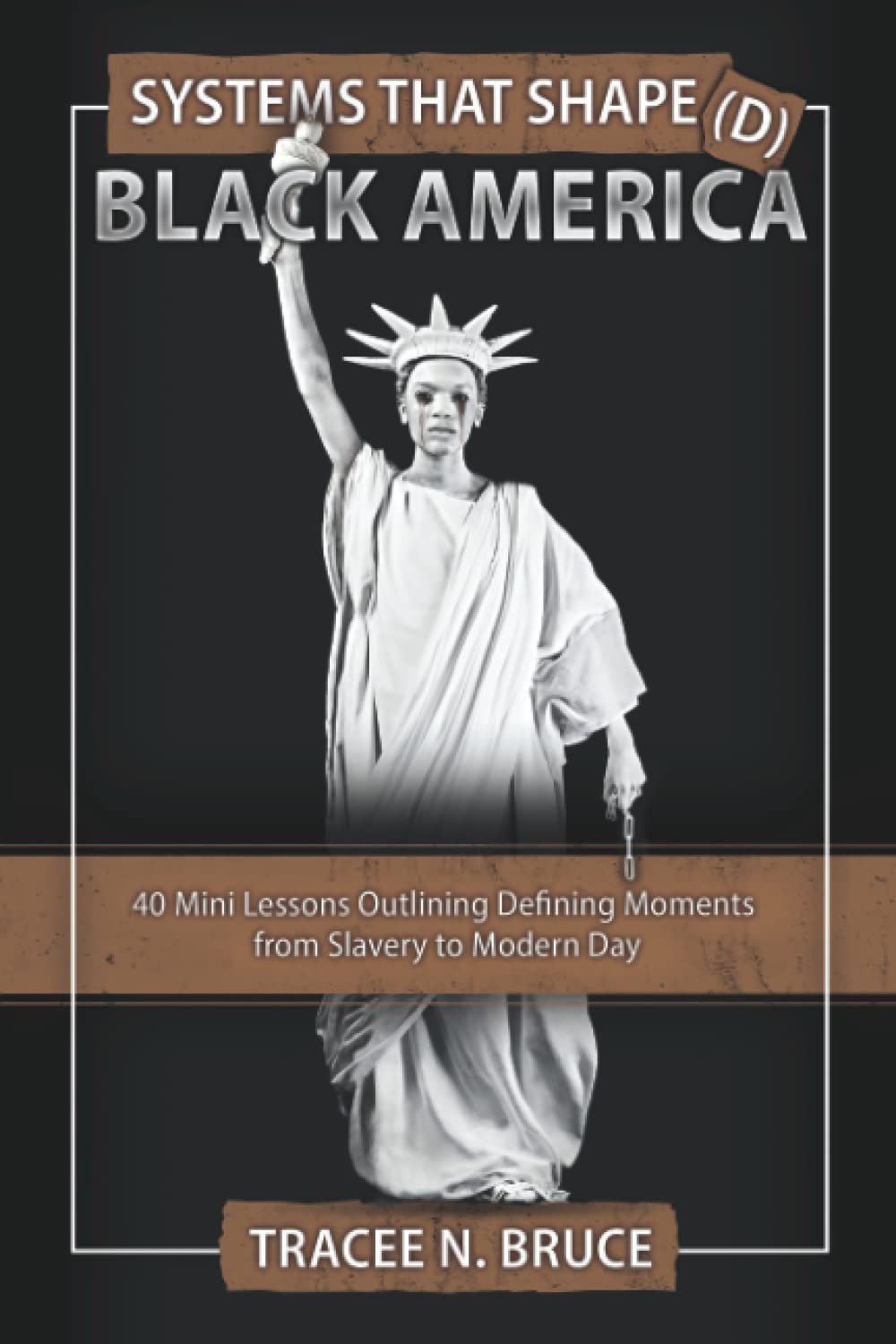
Systems that Shape(D) Black America
The start of Chattel Slavery in America is recognized as beginning in 1619, when approximately “20 and odd” enslaved Africans arrived on the Virginia Shores. Over the next 40 decades, laws, practices, customs and societal attitudes have intentionally shaped the current reality for Black people living in the United States. Tracee N. Bruce takes you on a journey from Chattel Slavery to the Modern Day era, with mini lessons highlighting some of the insurmountable odds Black people have faced in this country while celebrating their shocking survival. Each of the 40 mini lessons represents one decade of enslaved Africans and their descendants being in America. This book intends to educate, spark interest and inspire discussions about past systems that are currently shaping reality for Black people in America today.
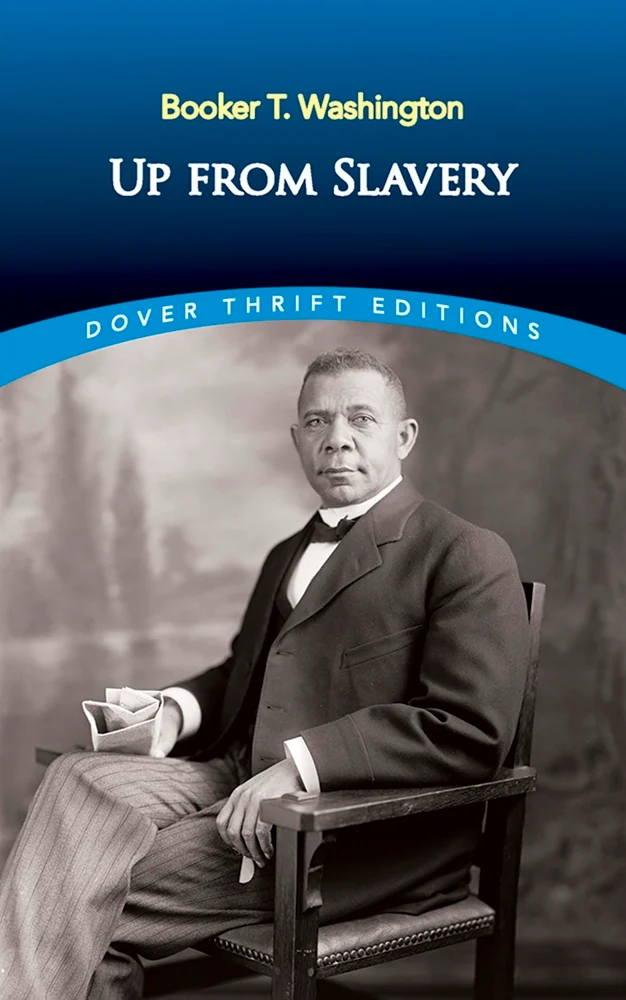
In this eloquently written autobiography, Booker T. Washington describes a remarkable life that began in bondage and culminated in worldwide recognition. He tells of his impoverished childhood and youth, the unrelenting struggle for an education, early teaching assignments, his selection in 1881 to head Tuskegee Institute and more. A firm believer in the value of education as the best route to advancement, Washington is regarded as a major figure in the struggle for equal rights, one who founded a number of organizations to further the cause and who worked tirelessly to educate and unite African Americans.
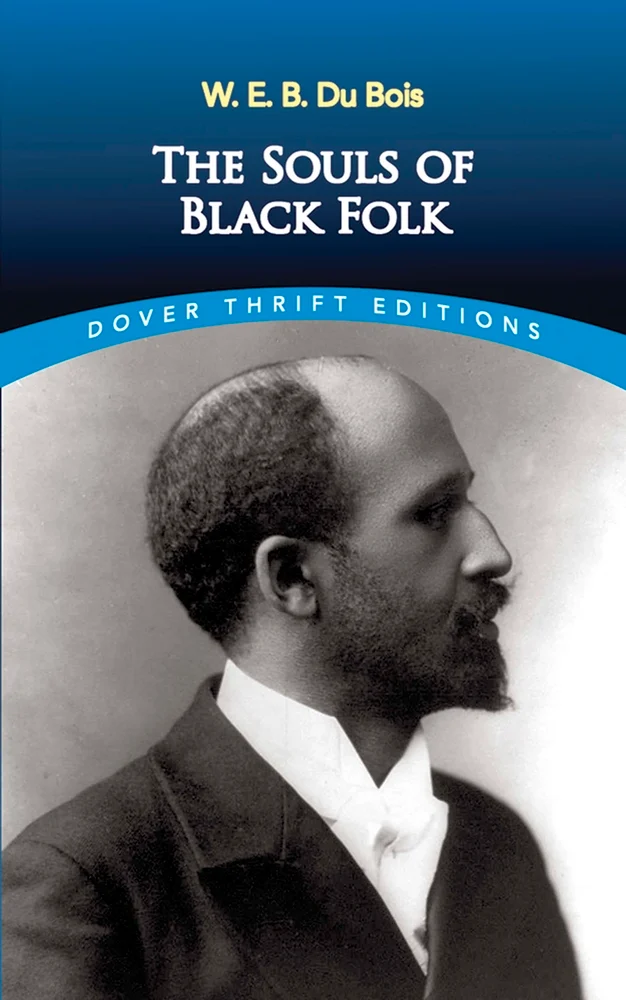
W. E. B. Du Bois played a key role in developing the strategy and program that dominated early 20th-century Black protest in America. In this collection of essays, first published together in 1903, he eloquently affirms that it is beneath the dignity of a human being to beg for those rights that belong inherently to all mankind. He also charges that the strategy of accommodation to white supremacy advanced by Booker T. Washington, then the most influential Black leader in America, would only serve to perpetuate Black oppression. Publication of The Souls of Black Folk was a dramatic event whose influence cannot be overstated. It is essential reading for everyone interested in African American history and the struggle for civil rights in America.
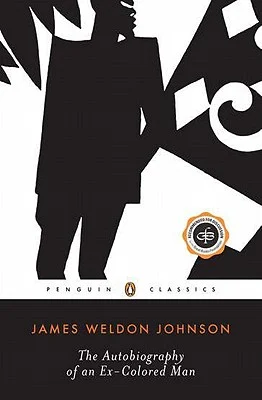
The Autobiography of an Ex-Colored Man
Masked in the tradition of the literary confession practiced by such writers as St. Augustine and Rousseau, this "autobiography" purports to be a candid account of its narrator's private views and feelings as well as an acknowledgement of the central secret of his life: that though he lives as a white man, he is, by heritage and experience, an African American. Written by the first Black executive secretary of the NAACP, The Autobiography of an Ex-Colored Man, in its depiction of turn-of-the-century New York, anticipates the social realism of the Harlem Renaissance writers. In its unprecedented analysis of the social causes of a Black man's denial of the best within himself, it is perhaps James Weldon Johnson's greatest service to his race.
Worth Reopening: Titles from Reading Lists Past
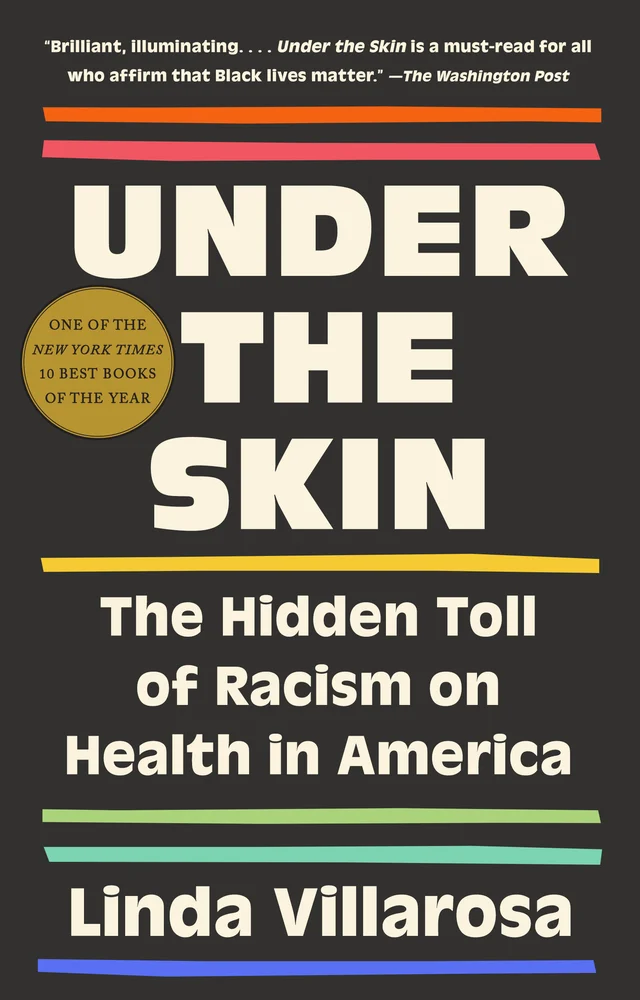
Under the Skin: The Hidden Toll of Racism on American Lives
In 2018, Linda Villarosa's New York Times Magazine article on maternal and infant mortality among Black mothers and babies in America caused an awakening. Now, in Under the Skin, Linda Villarosa lays bare the forces that cause Black people to “live sicker and die quicker” compared to their white counterparts. Today's medical texts and instruments still carry fallacious slavery-era assumptions that Black bodies are fundamentally different from white bodies. Study after study of medical settings shows worse treatment and outcomes for Black patients. Black people live in dirtier, more polluted communities due to environmental racism and neglect from all levels of government. And, most powerfully, Villarosa describes the new understanding that coping with the daily scourge of racism ages Black people prematurely. Anchored by unforgettable human stories and offering incontrovertible proof, Under the Skin is dramatic, tragic and necessary reading.
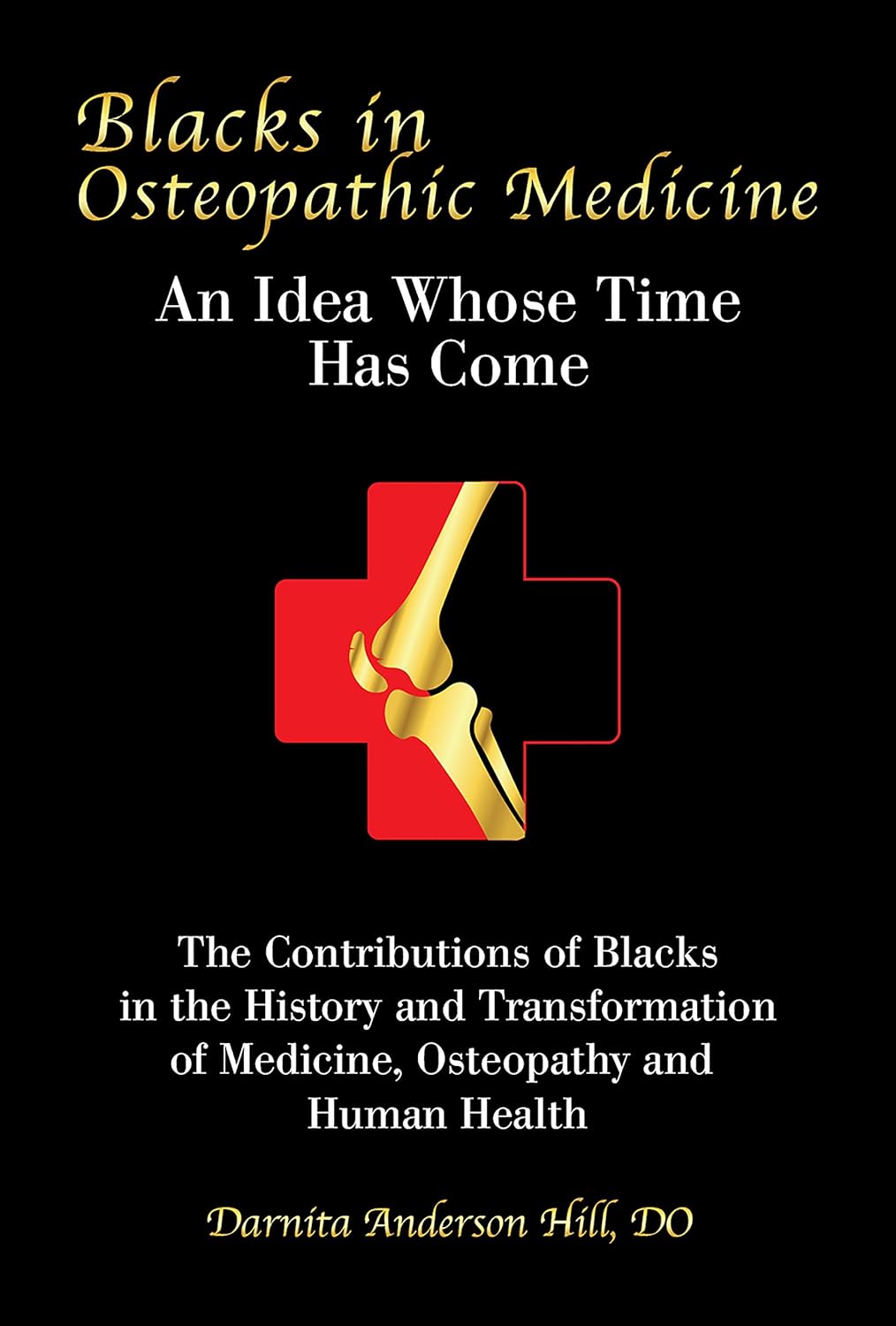
Blacks in Osteopathic Medicine: An Idea Whose Time Has Come
In this book, Darnita Anderson Hill, DO, has captured the positive impact Black osteopathic physicians have on the profession and their communities. From Dr. Meta Christy, the first Black osteopathic physician, to today, the physicians highlighted are dedicated to caring for their communities, treating the whole person and focusing on the humanity of each individual. Dr. Hill’s book should be required reading for every osteopathic medical student and in the library of every osteopathic medical school and practicing DO.
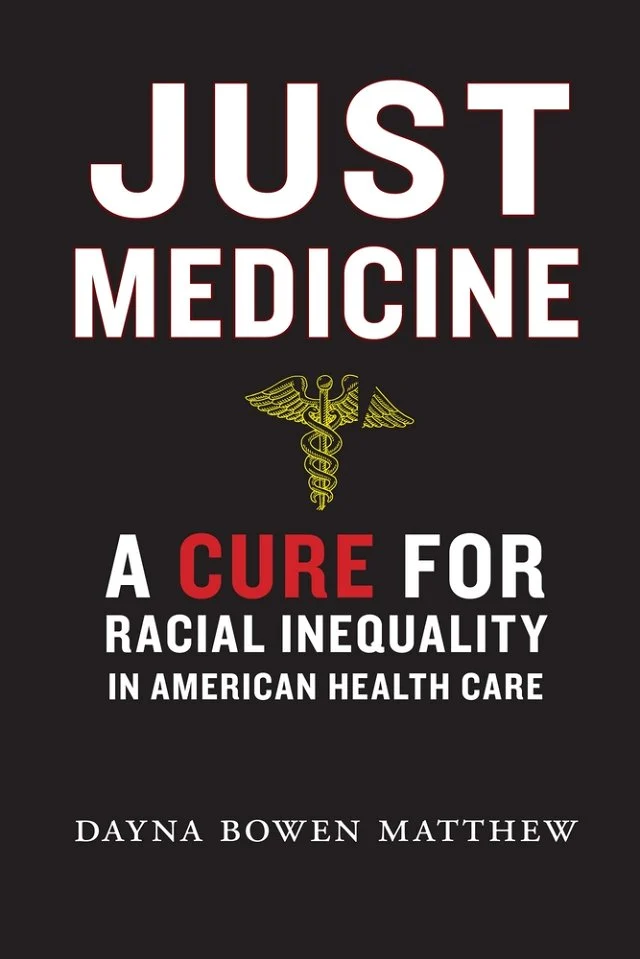
Just Medicine: A Cure for Racial Inequality in American Health Care
Health disparities have remained stubbornly entrenched in the American healthcare system—and in Just Medicine Dayna Bowen Matthew finds that they principally arise from unconscious racial and ethnic biases held by physicians, institutional providers and their patients. Because we have missed this fact, the money we spend on training providers to become culturally competent, expanding wellness education programs and community health centers and even expanding access to health insurance will have only a modest effect on reducing health disparities.
AACOM thanks Aisha Ali, MHRM, research analyst, AACOM; Regina Bowman Goldring, MA, director of application services, AACOM; Linda Grace Solis, PhD, associate professor of applied humanities, University of the Incarnate Word School of Osteopathic Medicine; Marcine Pickron-Davis, PhD, chief diversity and community relations officer, Philadelphia College of Osteopathic Medicine; Christian Javon Oliver, OMS, William Carey University College of Osteopathic Medicine (WCUCOM); and Khadijah Hayes OMS I, WCUCOM, for sharing these recommendations. Looking for more? Visit our diversity in medicine books collection.
Anything we missed? Share what you’re reading this year by tagging us on Twitter/X at @AACOMmunities.
